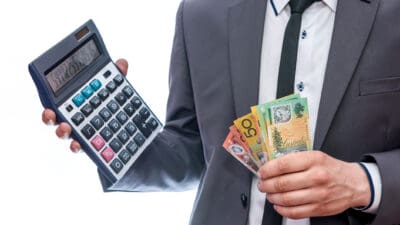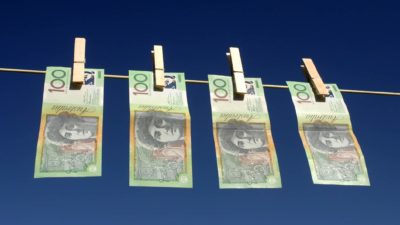Exchange-traded funds (ETFs) are widely popular these days, with more than 600,000 Australians owning shares in them.
But as the October tax return deadline looms closer, they're warned not to make any errors or omissions in their submission to the Australian Taxation Office (ATO).
Following the ATO's 4 tips to first-time ASX investors earlier this month, H&R Block tax communications director Mark Chapman spoke to The Motley Fool about ETFs specifically.
"Whilst investing in an ETF might look similar to an investment into an individual share, the tax implications are very different," he said.
"Basically, an ETF takes the form of a trust. The return paid by an ETF takes the form of a distribution from the trust."
How ETF income reporting is a landmine
As far as investors are concerned, they just receive one income from an ETF — a distribution.
But because ETFs themselves invest in a wide variety of stocks, that distribution could come from many different sources.
Chapman named dividends, franking credits, interest, foreign income and capital gains, as just a few examples.
"Each of those individual elements then needs to be split out by you and entered into the correct boxes on your tax return," he said.
"The potential for mistakes is considerable!"
Lucky for ASX investors, there's one document that'll save you
Fortunately, each year ETF providers will send to all shareholders what's called a Standard Distribution Statement (SDS).
That document breaks down all the different sources of your ETF income, giving you the exact numbers to fill in for specific boxes in your tax return.
"Make sure you look out for — and keep — your annual tax statement because without it, completing your tax return accurately can be almost impossible," said Chapman.
The ATO also reminded investors that the statement has another useful purpose.
"When an investor disposes of units, the SDS will show the capital gains or losses made from the sale of the units which also need to be included in tax returns."
Chapman warned that the tax office now uses data matching to verify numbers, so accuracy is paramount.
"The fact that the ATO now receives pre-fill information about ETFs makes it even more important that the income and gain are disclosed and that the disclosures are correct," he said.
"The ATO can now match your tax return with the information received from funds and if there is a difference, you can expect a 'please explain' letter from the taxman."
He added that a professional look over the tax return couldn't hurt.
"The many different taxable elements of an ETF can be difficult to understand and including the information on your tax return — in the correct boxes — needs an expert eye."








